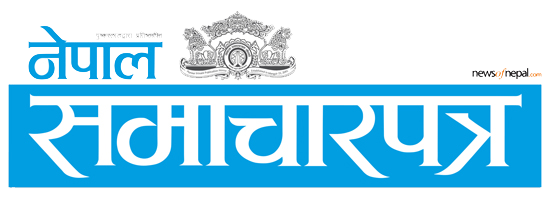The National Cardiac Center (NCC), based in Basundhara, Kathmandu, has quietly taken on a small yet notable role in supporting Nepali migrant workers with cardiac care. While primarily focused on providing cardiac care within Nepal, NCC’s free telemedicine service offers crucial support to migrant workers who face challenges in accessing proper healthcare abroad. For many, foreign healthcare systems can be difficult to navigate, and NCC’s free service has helped close that gap in an important way.
Working in rural Nepal, I’ve seen how challenging it can be for migrant workers to access proper medical care while abroad. One patient I treated had returned from a Gulf country after experiencing chest pain. Unable to get a clear diagnosis there, he chose to come home, leaving behind the job he had secured with a significant loan. His situation, though not ultimately serious, led to financial and emotional stress. Unfortunately, this is not an isolated case. Many Nepalese working abroad face heart conditions or anxiety-related symptoms and return home unnecessarily, often leaving behind their jobs and accumulating debt. In some tragic instances, inadequate care abroad leads to preventable deaths, which deeply impact healthcare professionals like me.
NCC’s telemedicine services have been invaluable in this context. They bridge the gap for migrant workers by offering virtual care in their own language and providing essential medical advice without the need to return to Nepal. These services ease anxiety, prevent unnecessary trips home, and offer moral support, while allowing patients to share reports and monitor their health remotely. For those in countries with less accessible healthcare, NCC’s telemedicine is a vital resource.
While the Nepali government has made efforts to provide telemedicine services for migrant workers through Bir Hospital since March 2023, availability has often been limited, especially for specialized cardiac care. To address this gap, the Foreign Employment Board has started offering free telemedicine services to Nepali migrant workers from March 28. Managed by a team of health professionals, the service provides initial counseling and specialist recommendations via WhatsApp, Viber, or IMO. In this context, the National Cardiac Center (NCC) has stepped in to provide specialized remote cardiac care. Unique among private hospitals, NCC has been an advocate for public health for over a decade—has pioneered remote cardiac care with its specialized software. Patients can upload their medical data, communicate with doctors, and connect via social media platforms.
This innovation is crucial for providing risk factor counselling, lifestyle modification advice, smoking cessation support, and remote consultations for atypical chest pain and heart disease symptoms. The benefits are clear: families in Nepal gain peace of mind, workers abroad avoid unnecessary absences, and health complications are managed before they escalate.
In my practice, I’ve seen numerous cases where NCC’s telemedicine could have prevented premature returns and financial strain. Many migrant workers face challenges such as lack of health insurance, language barriers, and limited access to specialized cardiac care. Consequently, even minor chest pains can lead to missed work, costly medical visits, or undiagnosed heart attacks. NCC’s telemedicine services enable remote monitoring, facilitating timely interventions and potentially saving lives.
While NCC’s efforts in telemedicine are noteworthy, it’s important to recognize the broader context. Migrant workers continue to face financial and health challenges, highlighting the need for improved healthcare accessibility both at home and abroad.
( I have no personal or professional connection to NCC and therefore declare no conflict of interest in discussing their initiatives.)
(Author is a medical practitioner) Email : [email protected]












प्रतिक्रिया